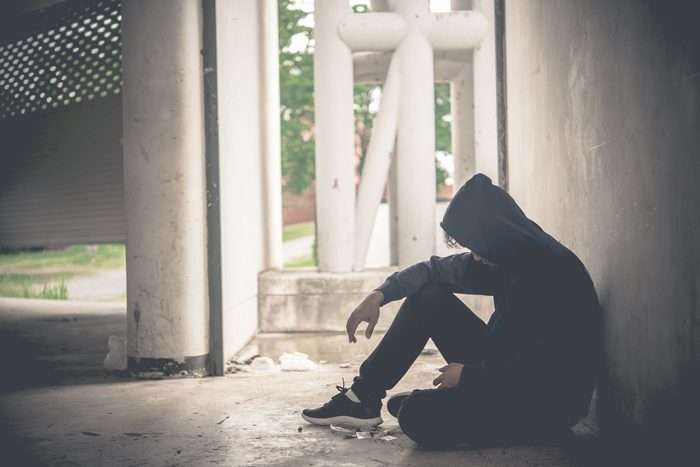By Sandy Baker
Many young men and women set out to serve their country in the military, knowing the risks they may face in service. However, a risk many don’t consider is that they may end up struggling with drug or alcohol addiction or battling mental health disorders as a result of their service. In 2018, 3.7 million U.S. veterans had a substance use disorder or a mental health disorder, with many having both, according to the Substance Abuse and Mental Health Services Administration. Heroin is one of the drugs many veterans turn to for relief from mental or physical pain.
How Do Veterans Start Using Heroin?
Drug addiction forms for many reasons. There are a few common reasons veterans may begin using drugs after they leave military service. Here are a few examples.
Chronic Pain
Chronic pain is a common problem for many people who suffered an injury during their time in the military, and it often leads to an ongoing use of prescription opioids. Over time, tolerance builds, which means a person will need to take more pain medication to feel the same level of relief. Sometimes they cannot get enough opioid prescription medication and turn to heroin, which is cheaper, more accessible, and more powerful.
Mental Health Disorder
Mental health disorders, such as depression or post-traumatic stress disorder, often lead veterans to self-medicate to feel relief from the emotional distress. Heroin’s euphoric effects can help a veteran escape troubling memories and feel pleasure. Of course, once tolerance and dependence develop, the pleasurable effects lessen, and the person needs heroin just to feel normal. When a person suffers from both substance use disorder and a mental health disorder, this is called a co-occurring disorder.
Realignment to Civilian Life
After serving in the military and experiencing the rigors of active duty, some people struggle to realign themselves to civilian life. They experience a sort of culture shock, moving from military culture to civilian culture. They may feel isolated or have a hard time trying to fit in with family and old friends. Finding employment may be a challenge. Others struggle with anxiety or boredom because of the lack of stimulation. These challenges can lead to drug use in some people.
Signs a Veteran May Have a Heroin Addiction
As a loved one, it’s sometimes hard to know when to get help for a veteran. However, some common signs of heroin addiction include the following:
- Pulling away from family and friends as well as activities they once enjoyed
- Using more and more of the substance to find relief from pain or stress
- Using more frequently, often with the excuse that more is needed for pain relief
- Experiencing intense mood swings, physical pain, and irritation when not using heroin
- Aggressive behavior when not using heroin
If you notice a change in your loved one’s personality, personal hygiene, behavior, or emotional health, it’s critical to seek out help right away. Many veterans have co-occurring disorders, which put them at a higher risk for depression and suicide.
What Can Be Done to Help Veterans with Heroin Addiction?
Heroin addiction treatment plans must be designed specifically for the unique difficulties people with military experience have. A veteran-specific program provides an opportunity for veterans to find the comprehensive care they need. Some components of this care may include:
- Detox support: Detox may be one of the most important investments made for those with moderate to severe addiction. Ample medical and therapeutic support help the body work through heroin withdrawal and cravings.
- Inpatient treatment: Stepping away from home and spending some time in a treatment center may provide the safe place a person needs to really recover from addiction. A veteran-specific program offers support for the unique challenges vets face.
- Outpatient treatment: This may be an option for those who have a strong, drug-free environment to call home and who are dedicated to the recovery process. An outpatient program allows a person to remain at home while coming in for treatment a number of times per week.
Without treatment, veterans are vulnerable to many challenges. That may include the inability to maintain their job, loss of relationships, overdoses, and even early death. With treatment, there’s no limitation to the amount of improvement possible.
The Ranch at Dove Tree can provide outstanding help and support to veterans in Lubbock, TX. Don’t wait another day to get the help you need.








